Artists’ Copyright Lawsuit Against Generative AI Firms Dismissed by US Judge
A class-action lawsuit filed by artists against generative AI firms has been dismissed by a US judge due to a lack of evidence. The lawsuit targeted generative AI image service Midjourney, art platform DeviantArt, and AI firm Stability AI. However, California District Court Judge William Orrick stated that the suit was “defective in numerous respects” and granted dismissal bids from the firms. Judge Orrick did allow a copyright infringement claim against Stability to proceed and gave the class 30 days to submit an amended suit with more proof.
Judge Allows Copyright Infringement Claim to Proceed
Judge Orrick acknowledged that determining whether the firms violated copyright laws cannot be resolved at this stage. The lawsuit alleged that Stability’s AI model, Stable Diffusion, scraped billions of copyrighted images without permission for training purposes. It also claimed that DeviantArt incorporated Stable Diffusion on its site, potentially copying millions of images without a license. However, Judge Orrick stated that the AI-generated images are unlikely to infringe artists’ copyright unless they can demonstrate similarity to their work.
Copyright Claims Dismissed for Some Class Members
Some class members had their copyright claims dismissed because their images were not registered with the Copyright Office, a requirement for filing a copyright infringement suit. Similar legal actions have been taken against other AI firms, including OpenAI and Stability AI, in cases involving copyright infringement allegations.
Hot Take: The Challenges of Protecting Artists’ Copyright in the Age of AI
The dismissal of the artists’ copyright lawsuit highlights the challenges faced in protecting intellectual property rights in the context of generative AI technologies. As AI models continue to advance and create original works, questions arise regarding the source of inspiration and potential copyright infringement. The burden of proof lies on artists to demonstrate similarity between AI-generated images and their own work, adding complexity to legal proceedings. To effectively safeguard artists’ rights, it becomes crucial to establish clear guidelines and regulations that address the intersection of AI and copyright law.

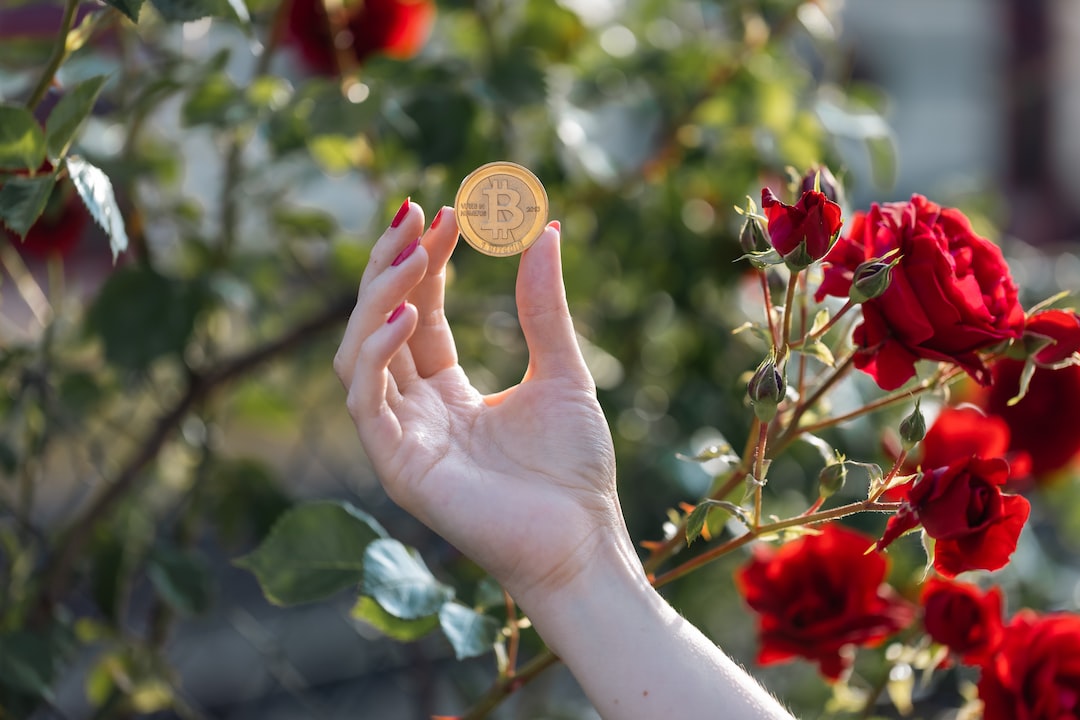
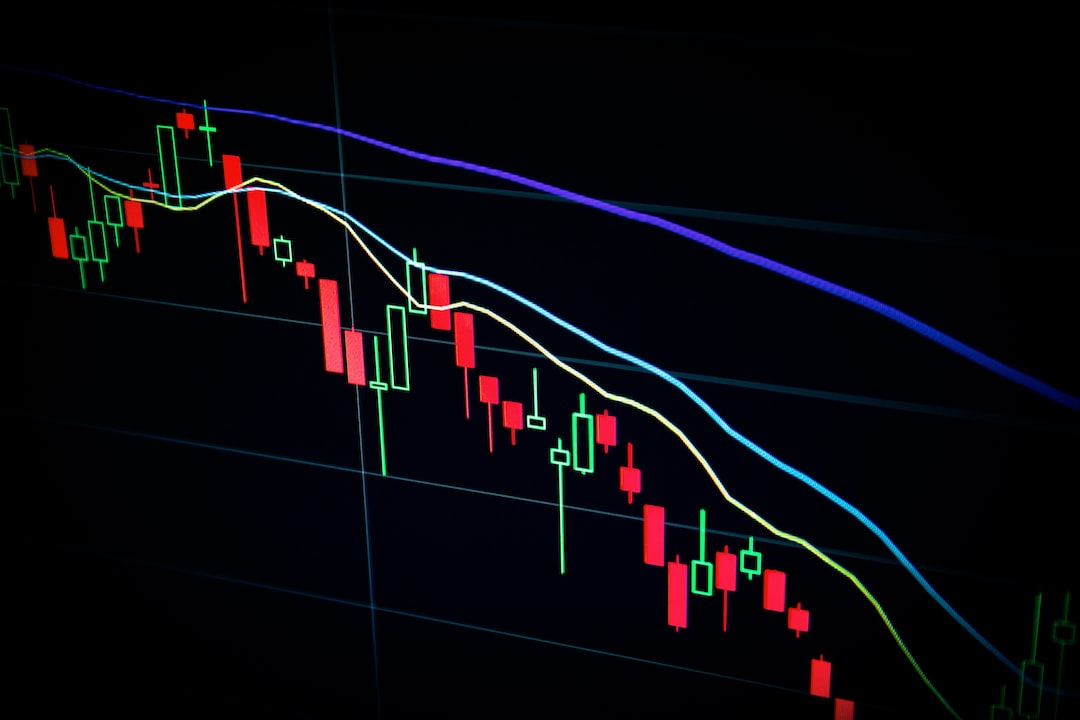
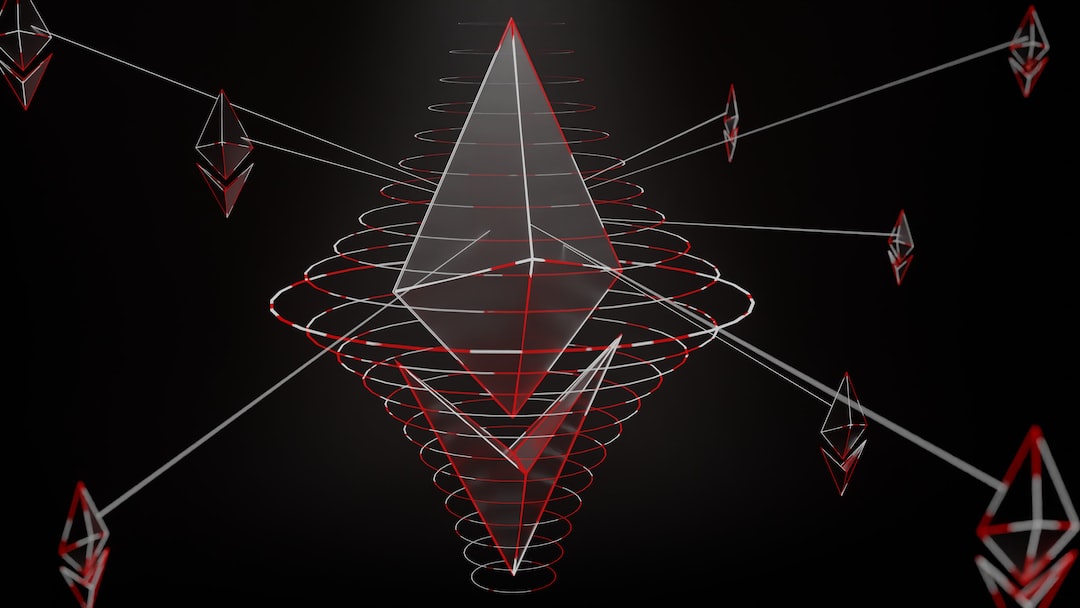

 By
By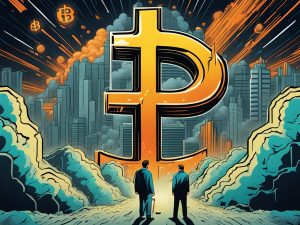
 By
By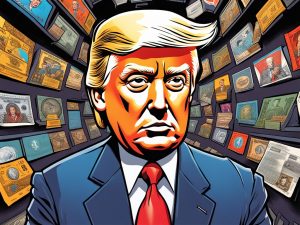
 By
By
 By
By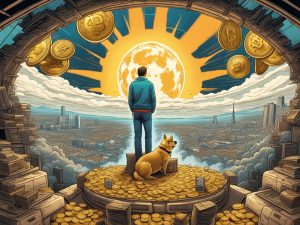
 By
By
 By
By